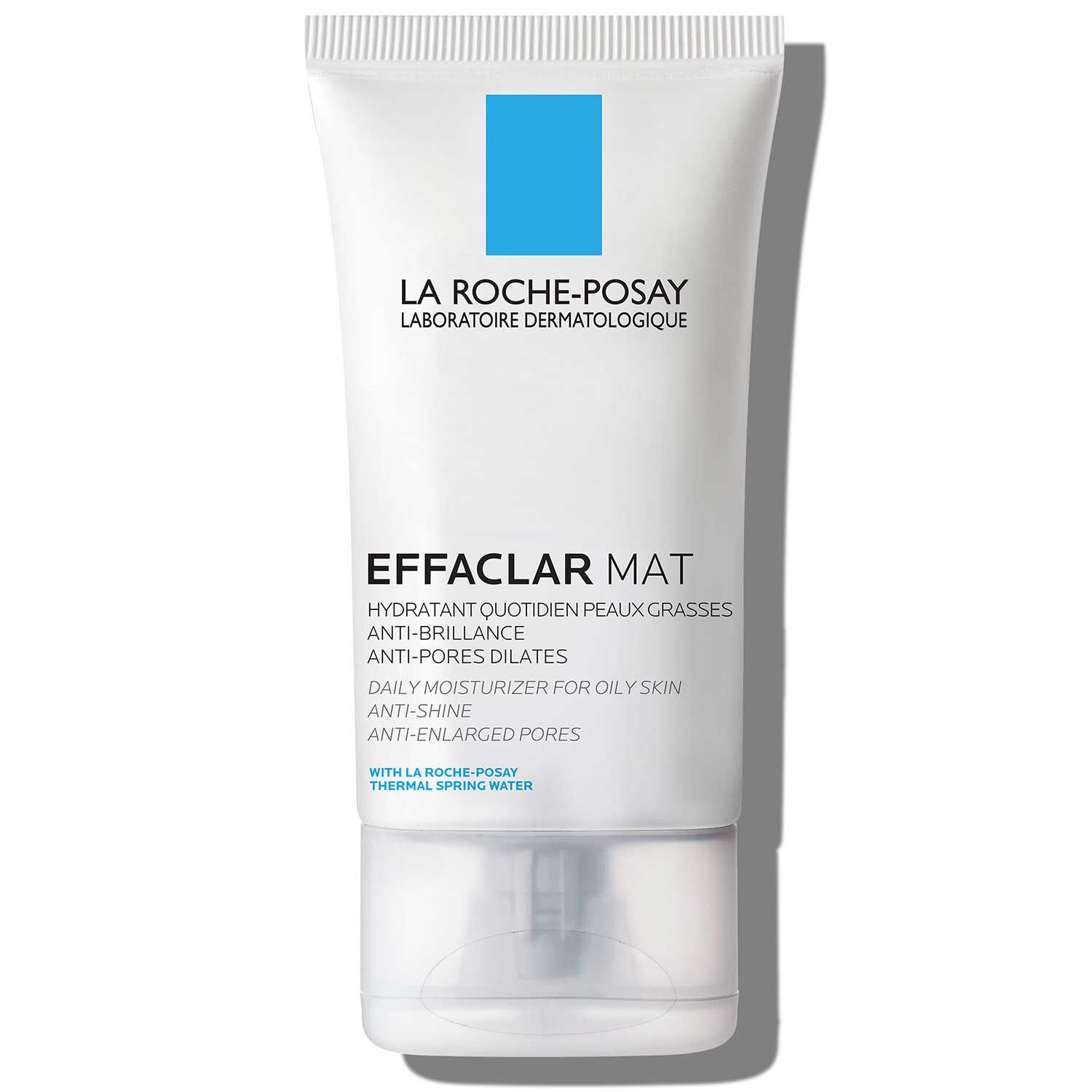Buzz Haven: Your Source for Trending Insights
Stay updated with the latest buzz in news, trends, and lifestyle.
Moisturizer Mysteries Unveiled
Discover the secrets behind moisturizers! Unlock the truth about ingredients and find your perfect match for radiant, hydrated skin.
The Science Behind Moisturizers: What Really Keeps Your Skin Hydrated?
The science behind moisturizers primarily revolves around their ability to lock in moisture and create a protective barrier on the skin. Moisturizers typically contain ingredients that fall into three main categories: humectants, emollients, and occlusives. Humectants, such as glycerin and hyaluronic acid, attract water from the environment into the skin, ensuring it remains hydrated. Emollients, like shea butter and fatty acids, help to smooth and soften the skin by filling in gaps between skin cells. Lastly, occlusives, such as petroleum jelly and beeswax, form a barrier to prevent water loss, making them essential for maintaining skin hydration.
Understanding how these components work together is key to selecting the right moisturizer for your skin type. For instance, individuals with dry skin may benefit greatly from products rich in occlusives, while those with oily or combination skin might prefer lighter formulations that focus more on humectants. It's also important to note that the effectiveness of a moisturizer can depend on external factors such as climate and exposure to harsh elements. By choosing the appropriate ingredients based on your skin's needs, you can significantly enhance the hydration levels of your skin.

Decoding Labels: What Ingredients Should You Look for in a Moisturizer?
Decoding skin care labels can be overwhelming, especially when it comes to choosing the right moisturizer. To ensure you are picking a product that truly benefits your skin, it's essential to look for key ingredients. Hyaluronic acid is a powerful humectant that attracts moisture to the skin, making it a must-have in any effective moisturizer. Additionally, glycerin serves a similar purpose, drawing water from the environment into the skin. Other beneficial ingredients include ceramides, which help to repair the skin barrier, and peptides, known for their ability to promote collagen production and improve skin elasticity.
When scanning labels, also pay attention to the absence of harmful additives. Avoid products that contain parabens, fragrances, and alcohol, as these can cause irritation and dry out your skin. Instead, choose moisturizers with natural oils like jojoba or almond oil, which provide nourishment without clogging pores. Always remember to check for non-comedogenic labels if you're prone to breakouts, ensuring your skin stays hydrated and clear. By understanding what to look for, you can make informed choices that enhance your skincare routine.
Moisturizer Myths Busted: What You Need to Know for Healthy Skin
Moisturizer myths are rampant, and it's time to set the record straight. One common misconception is that people with oily skin should skip moisturizer altogether. In reality, every skin type needs hydration, and opting out of moisturizer can actually lead to increased oil production as the skin attempts to compensate for the lack of moisture. Choosing the right product is crucial; look for lightweight, non-comedogenic formulas that won't clog pores while providing essential hydration.
Another popular myth is that >more expensive moisturizers are always better. While some high-end products offer quality ingredients, many affordable options perform just as well. The effectiveness of a moisturizer depends on its ingredients rather than its price tag. Focus on key components like hyaluronic acid, glycerin, and natural oils to keep your skin healthy and hydrated without breaking the bank. Remember, the best moisturizer for you is the one that meets your skin's specific needs.